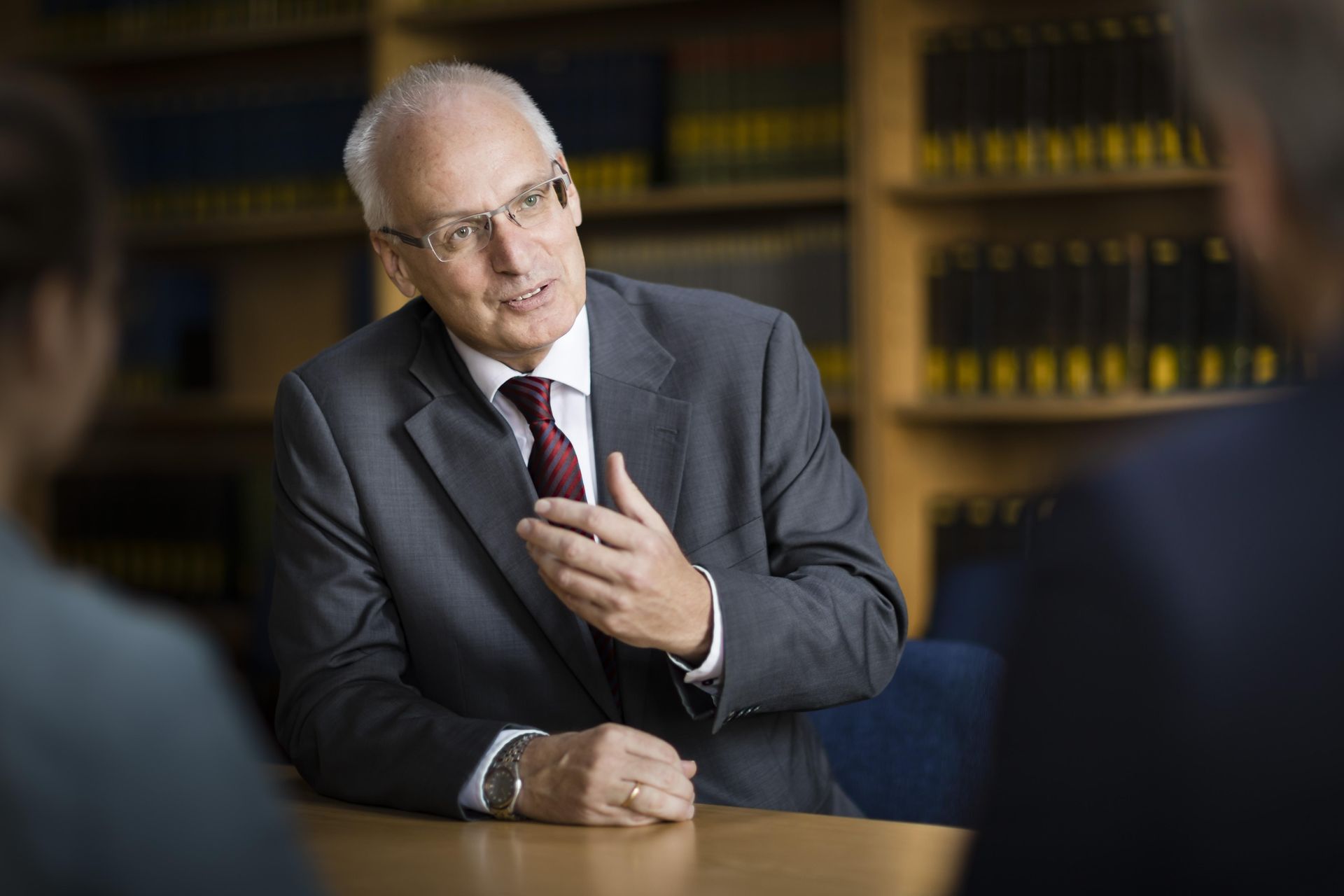Professor Nolte, considering current international crises and conflicts: how is international law faring today? After all, some states do not seem to fully recognise international legal norms anymore, and even question the idea of a global rule-based order.
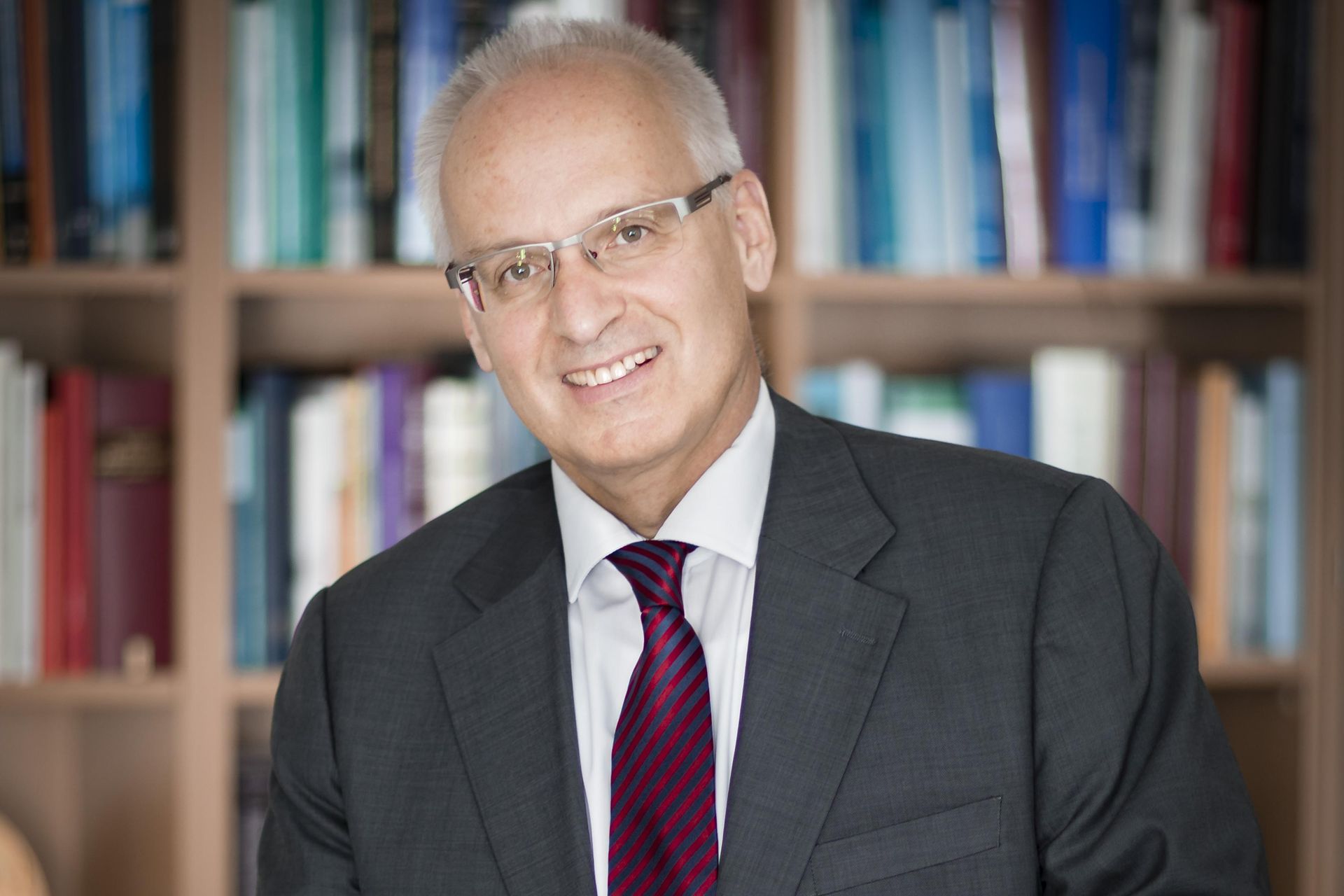
International law is more resilient than many people think. It consists of very different treaties and general rules. Therefore, we need to be careful when making broad statements about international law. But it is true that some important rules of international law are currently being called into question by some states. Rules have been broken as well. But I do not think that the idea of an international law-based global order is seriously threatened. Violations can even lead to the strengthening of a rule if the resistance against them is strong enough and when it becomes clear that such violations do not pay off in the long run.
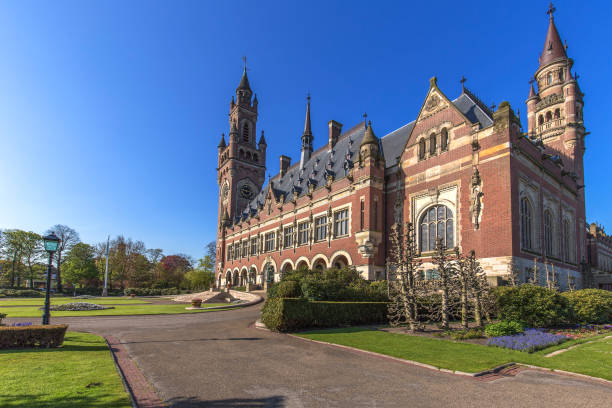
The UN Security Council is often accused of being unable to adopt resolutions and to act because of the veto rights of its permanent members. Is it not time to reform this body?
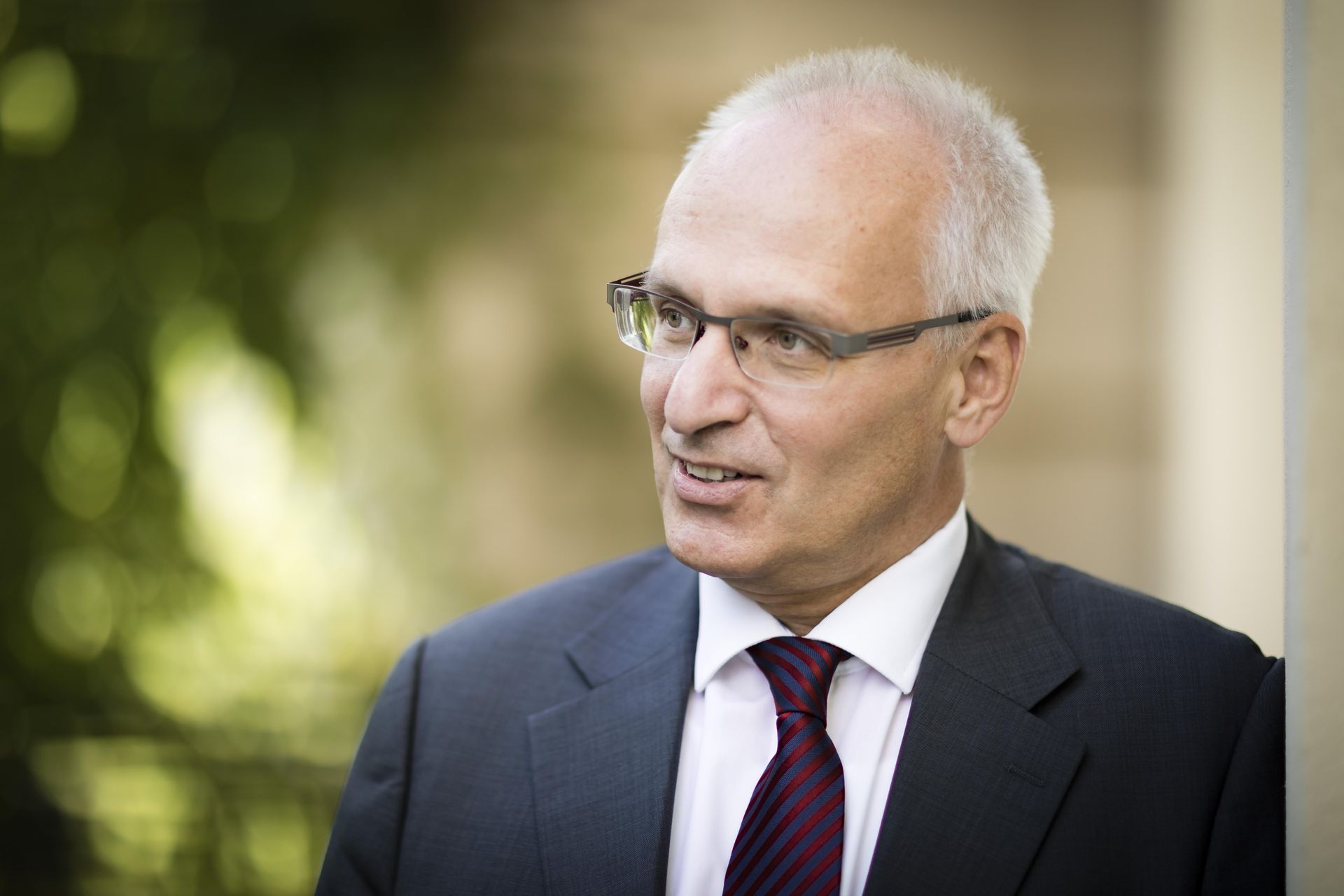
A reform of the UN Security Council is certainly desirable. An expansion of the number of its members would increase the legitimacy of the Security Council and the exercise of the veto should be restricted as much as possible. And yes, the Security Council does not intervene sufficiently in some important conflicts. But it is equally true that the Security Council continues to be more active today than it was during the Cold War. We should also keep in mind that it is easier to criticize the Security Council than to present reform proposals which are practical and generally acceptable. As long as there is no sufficient pressure for reform we must live with what we have. A world without the Security Council would certainly not be a better one.
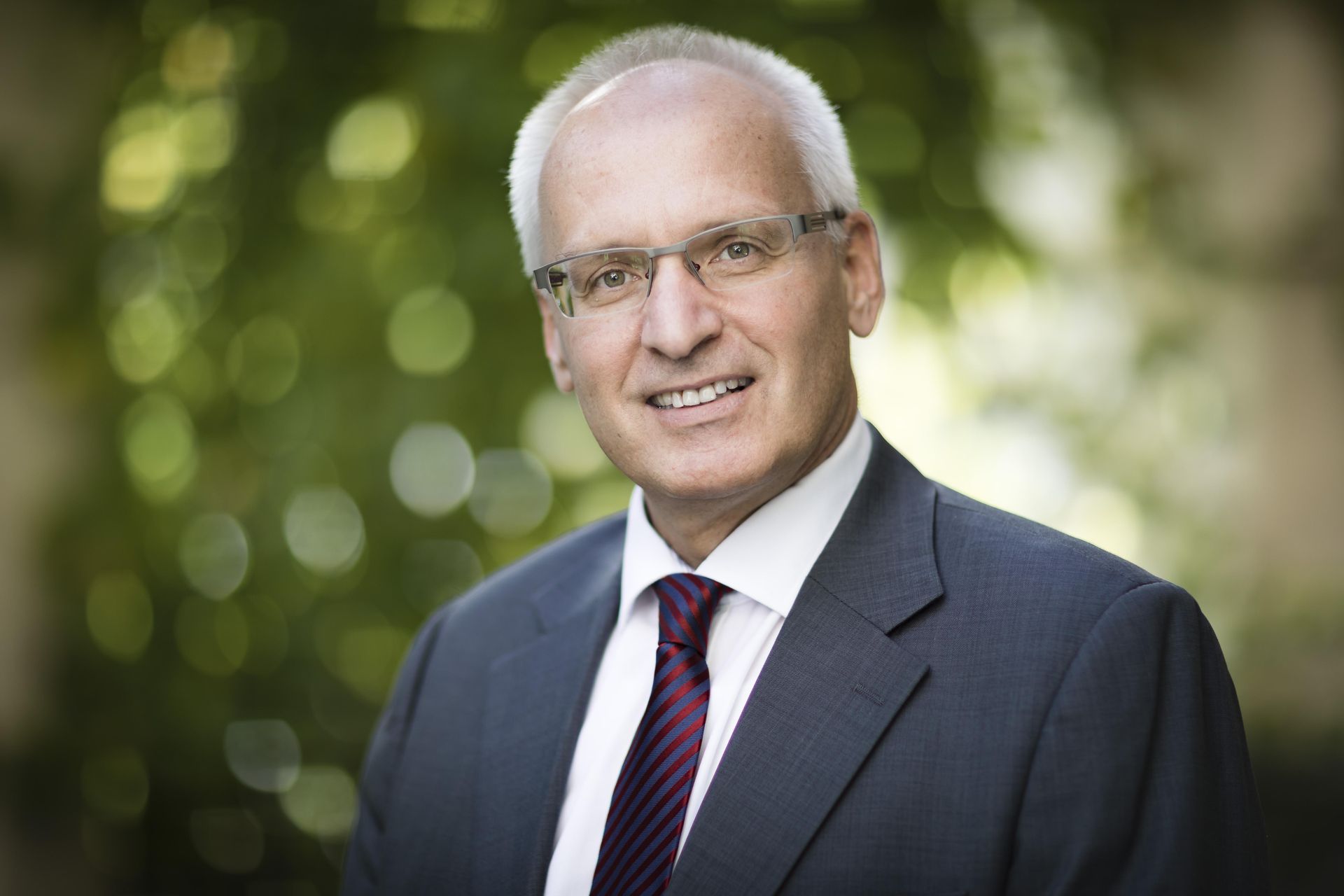
In practice there are always some controversial cases in international law, such as the separation of Crimea from Ukraine five years ago. How do you evaluate this situation from today’s perspective?
The fact that a case is controversial does not mean that international law does not play a role in how it is handled. A large majority of states continue to consider Crimea to be a part of Ukraine. These states also act accordingly, e.g. by restricting direct transit or trade connections to that area and by imposing sanctions on the Russian Federation for violation of international law. The fact that such actions have not led to quick results does not speak against international law. International law is a decentralised legal system and therefore often works more slowly than national legal systems.
You have taught public law, international law, and European law for over ten years at Humboldt University Berlin. What topics do you like to discuss with your students?
I like to discuss current cases with them which lead us to more general questions. Such as: who may, and under what conditions, bring aid into a country that is experiencing a famine or a natural disaster? The current case of Venezuela does not raise such questions for the first time. In 2008, for example, the government of Myanmar did not allow any aid into the country after a natural disaster. My students and I discuss which similarities and differences exist between such cases, and whether these differences are legally relevant. During such discussions I can sometimes draw from my work in the United Nations International Law Commission, for example by referring to the principles on the “Protection of Persons in the event of Disasters,” which the Commission adopted in 2016.
You are also a member of the Federal Foreign Office’s Scientific Council on International Law. Can you give us some examples of what kind of work you do there?
Three times a year, the legal directorate of the Foreign Office discusses current questions of international law with colleagues from different German universities. This Scientific Council on International Law is not concerned with writing reports and it is not involved in specific decision-making processes. Rather, the members of the council discuss current issues, such as the international legal rules with respect to cyber-defence or legal options for states trying to improve the humanitarian situation in Syria under difficult circumstances. The members of the Foreign Office thereby receive valuable supplementary expertise through these discussions and can also test their views and ideas.
Last year, your candidacy for the position of a judge at the International Court of Justice for the period 2021-2030 was announced. The elections will be held in the fall of 2020 during the 75th meeting of the United Nations General Assembly. Why are you drawn to this task?
The International Court of Justice decides cases between states and renders advisory opinions for bodies of the UN. As the principal judicial organ of the United Nations, it has a particular responsibility for the peaceful settlement of disputes between states and for the clarification of international law. I find it particularly important that the Court arrives at decisions that do justice to the individual case as well as to serve as a convincing precedent for the future. Achieving this is not easy. I would like to contribute to the Court meeting both demands. I would also like to offer a German perspective, with its positive and negative experiences, to the wealth of international experience that is assembled in the Court. Finally, I also feel a certain responsibility to contribute—and I hope this does not sound immodest—that international law is properly administered and generally respected. The International Court of Justice plays a central role in this regard.
With all your responsibilities that you hold, how do you like to spend your personal time?
My parents inspired in me the love of travelling to other countries. Nowadays I like to travel with my wife. I enjoy discussions with our nineteen-year-old daughter. Otherwise, I also like to go on cycling trips, go to the theatre, meet friends, and sometimes I even read books that have nothing to do with international law.
Professor Nolte, thank you very much for the conversation.
INTERVIEW Markus Feller

